Saudi Arabia threatens Iran after Yemen missile strike
Saudi Arabia has ramped up threats to Iran, saying there will be a response "in the appropriate time and manner," following a missile strike from neighboring Yemen, which has been under a nonstop bombardment campaign by a Saudi-led coalition for over two and a half years.
The coalition, which includes a number of Saudi Arabia’s vassal states under its command, said in a statement on Sunday that Iran was to blame for a Yemeni missile strike on Riyadh earlier in the day.
That missile was fired by the Houthi Ansarullah movement, which together with allied Yemeni army factions and tribal fighters has been fighting off the Saudi-led coalition. Riyadh and its allies accuse the Houthis of receiving financial and arms support from Iran. The Islamic Republic rejects the accusations, but is supportive of the Yemeni defensive campaign against the Saudi invasion.
The Saudi-led coalition went further in its Sunday statement, claiming that the Houthis were under Iran’s “direct command.”
“Therefore, the coalition’s command considers this a blatant act of military aggression by the Iranian regime, and could rise to be considered as an act of war against the kingdom of Saudi Arabia,” it said, referring to the Yemeni missile strike. “The coalition command also affirms that the kingdom reserves its right to respond to Iran in the appropriate time and manner.”
Saudi Arabia has been pursuing an open warmongering policy toward Iran. Earlier this year, Crown Prince Mohammed bin Salman threatened to move the “battle” to Iran.
Obviously, such bellicose rhetoric has not remained unanswered. Iranian authorities have all along made sure that Saudi royals realize that aggression of any magnitude will be reciprocated.
The Saudi-led coalition invaded Yemen in March 2015 to reinstall a former regime that had been friendly to Saudi Arabia. It also imposed a land, aerial, and naval blockade on the already-impoverished country.
Despite the Saudi-led coalition’s superior military power, the Houthis and their allies have been successfully defending the country, turning a war Saudi Arabia had hoped to finish in a matter of weeks into a quagmire that Riyadh continues to be stuck in almost three years later.
Upward of 12,000 people have been killed in the Saudi-led war; and much of Yemen’s infrastructure, including factories, roads, and even hospitals, has been destroyed. The coalition has been blamed, including by its Western countries, for mounting civilian casualties in Yemen and a cholera epidemic in the country.
Officials from the United States, which assists the Saudi-led coalition, have admitted that incompetent Saudi pilots, fearing ground fire, have been flying their jets so high that they can’t deliver weapons accurately, causing even bigger civilian casualties.
Yemen has been firing missiles at Saudi Arabia in retaliation for the massive civilian casualties caused by the coalition bombing.
The Sunday launch was of a Borkan H2 long-distance missile that targeted the King Khalid international airport in northeastern Riyadh.
Saudi Arabia claimed it had intercepted the missile. US President Donald Trump said “our system” took the missile down, apparently referring to the US-made Patriot missile system purchased by Saudi Arabia.
He also said, “A shot was just taken by Iran, in my opinion, at Saudi Arabia.”
Iran has denied that it supplies Houthis with weapons. The Saudi-led coalition itself says it has entirely blockaded Yemen.
Following the Sunday missile strike, the coalition said it would be tightening the embargo.
Iran says had no role
Also on Sunday, Major General Mohammad Ali Jafari, the chief commander of Iran’s Islamic Revolution Guards Corps (IRGC), said Trump’s allegation that Iran had had a role in the Yemeni missile strike on Riyadh was “baseless.” Major General Jafari said Iran had no means of transferring missiles to Yemen.
The Houthis, too, say the missiles are locally produced.
Iran’s Defense Minister Brigadier General Amir Hatami also rejected allegations of Iranian involvement in the missile attack.
This is while the US, under Trump, has agreed to sell Saudi Arabia 350 billion dollars in arms over a period of 10 years. A 110-billion-dollar tranche was scheduled for quicker delivery.
Iranian officials are yet to comment on the latest Saudi threat.
Hamas hails Gaza’s victory over Israel in genocidal war, its forcing enemy to agree to ceasefire
'Capitulation': Israeli officials and media concede Gaza defeat as truce unfolds
'Gaza has won': Social media users react to ceasefire with mix of relief, joy
Iran seeks South Korea’s assistance for AI, fiber-optic projects
VIDEO | Iran's 'Eqtedar' (Power) maneuver
Israel hits HTS military target in Syria for 1st time since fall of Assad
VIDEO | Press TV's news headlines
Israel has slaughtered 13,000 students in Gaza, West Bank


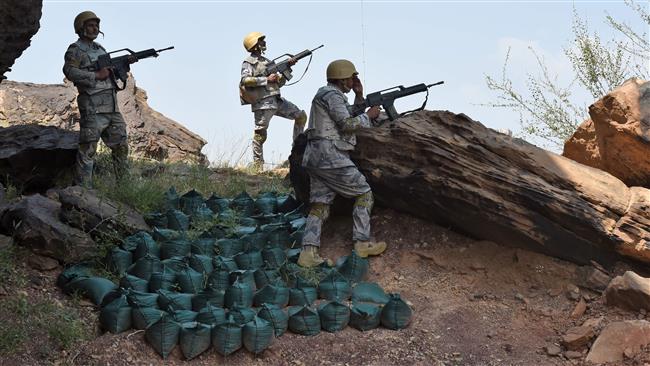

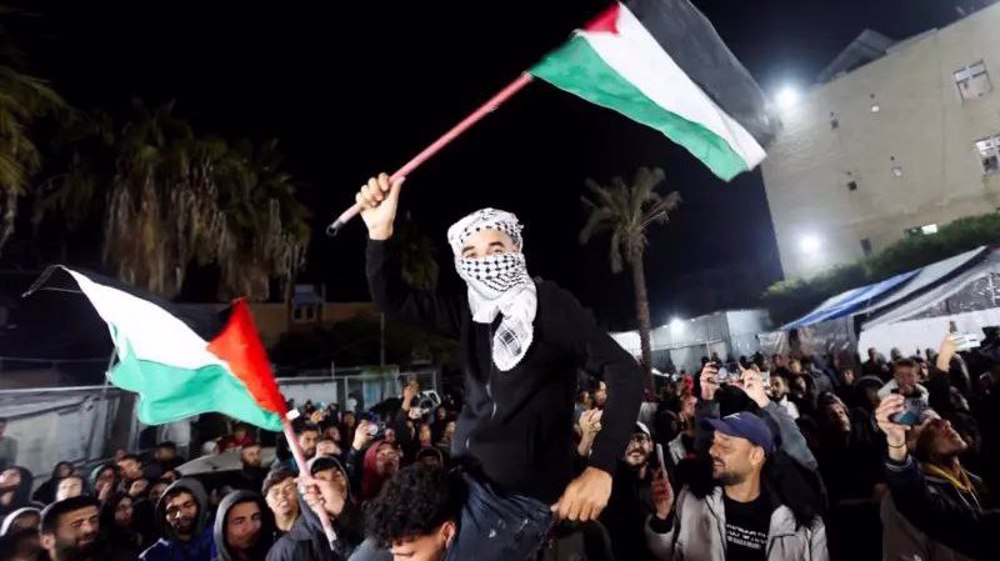





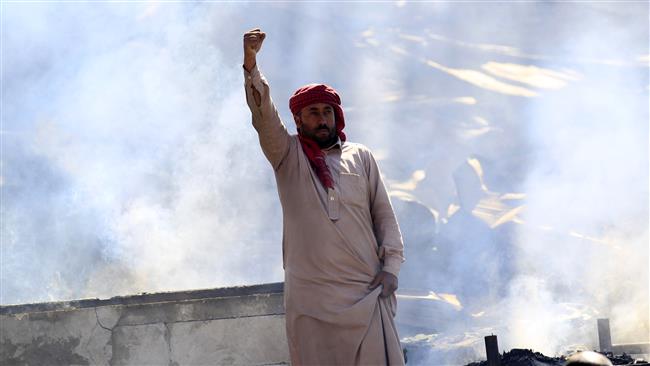
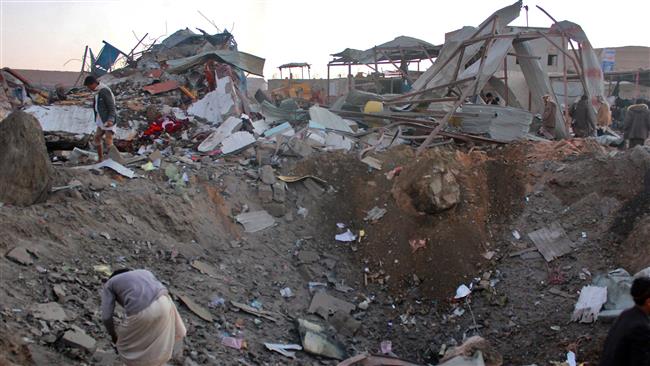
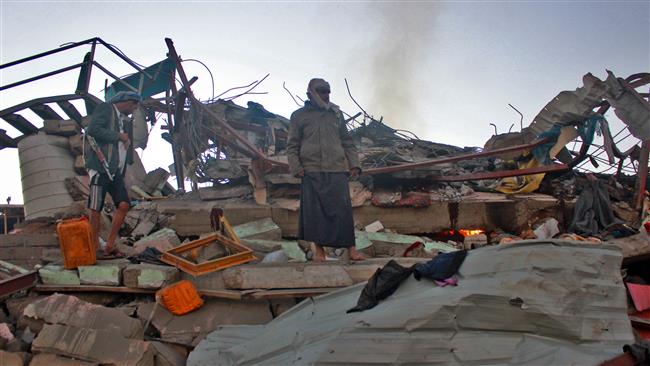

 This makes it easy to access the Press TV website
This makes it easy to access the Press TV website